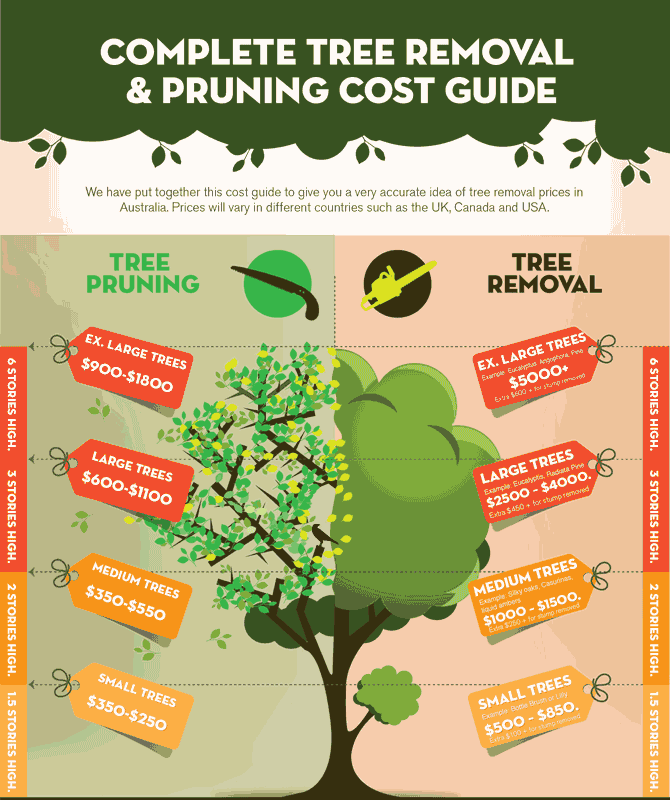Seasonal Tree Care: When Is The Best Time To Eliminate Trees?
Seasonal Tree Care: When Is The Best Time To Eliminate Trees?
Blog Article
Content Produce By-Valentin Wulff
When considering the most effective time to remove trees from your residential or commercial property, an essential equilibrium must be struck between tree health and safety issues. Consider the potential dangers postured by unpredictable or worn out trees, and exactly how their elimination can reduce these risks. But when precisely is the ideal minute to undertake this task? Stay tuned to discover Link Website that could influence your decision and ensure the wellness of your trees and environments.
Ideal Timing for Tree Removal
When it concerns selecting the optimal timing for tree elimination, it's critical to consider aspects such as the health and wellness of the tree, security problems, and environmental policies. Evaluating the tree's general health is vital to establish if removal is essential. Dead or unhealthy trees position dangers and should be gotten rid of immediately to stop crashes or residential or commercial property damage.
Safety and security concerns, such as distance to structures, high-voltage line, or roads, additionally play a significant duty in determining the very best time for removal. Abiding by environmental regulations is vital to ensure that the removal process is performed sensibly and legitimately.
Thinking about these variables, the optimum timing for tree elimination may differ. Typically, it's advised to get rid of trees during the inactive season, commonly in late autumn or winter months. During this moment, trees aren't proactively growing, making elimination much less demanding for the tree. Additionally, with less fallen leaves, it's easier for arborists to examine the tree's framework and safely conduct the removal process.
Seasonal Variables to Take Into Consideration
To guarantee successful tree care techniques, it's essential to take into consideration the seasonal aspects that can affect the health and development of your trees. Understanding these seasonal variants can help you plan your tree care tasks successfully.
In spring, trees focus on new development and budding. This is an optimal time for trimming to form the tree and eliminate dead branches.
Summer season brings heat, necessitating correct watering to maintain trees hydrated.
Loss is when trees begin planning for dormancy, making it a good time for deep root fertilization to support their origin systems.
Winter, with its cold temperature levels, is a period of inactivity for most trees, making it a convenience for tree elimination or significant trimming.
Impact on Tree Health and Landscape
Taking into consideration the seasonal variables that affect your trees is essential for their overall wellness and the look of your landscape. Proper tree care throughout the year can significantly influence their well-being and the aesthetic allure of your exterior room.
For example, pruning during the dormant winter season can advertise healthy growth in the springtime, while removing dead or diseased branches in the loss can protect against potential hazards during winter storms. In addition, checking your trees for indicators of parasites and illness throughout the ideal periods can assist keep their vitality and protect against extensive invasions.
In mouse click the up coming article , the condition of your trees directly impacts the total landscape layout. Trees that are well-maintained and healthy and balanced can enhance the beauty and worth of your property, while neglected or damaged trees may diminish the aesthetic charm of your outside environment.
Final thought
Bear in mind, the most effective time to get rid of trees is throughout the dormant season to lessen tension on the tree and ensure its health and safety. Take into consideration the seasonal variables and prospective risks before organizing tree elimination. By prioritizing liable tree care and maintenance, you can preserve a secure and aesthetically pleasing landscape for many years to come.
